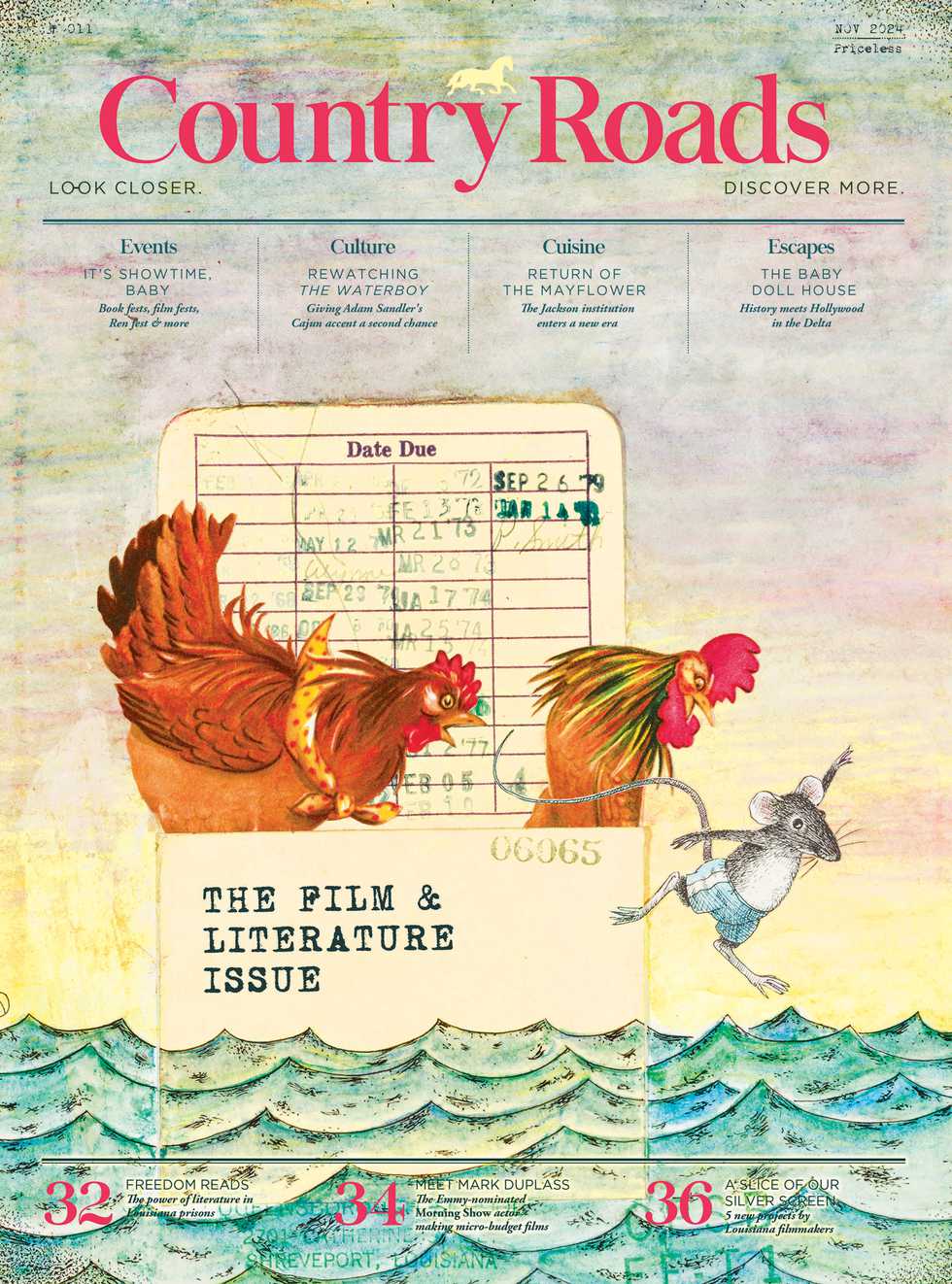The year: 1776. The period: one in which governing power over the people was held exclusively by kings, aristocrats, and the wealthy. And yet, at this time, a radical concept comes to light—creating a government of, for, and by the people. Doing away with the monarchy and aristocracy and entrusting the power of a nation to its citizens. The disruptors questioning the ruling class? A cadre of 18th century British colonists who dared to envisage a more equitable society and government across the Atlantic.
1 of 2

Courtesy of National Archives and Records Administration
March on Washington for Jobs and Freedom, August 28, 1963
2 of 2

First African American Vote by Alfred Waud
It is the historic journey of these people—the challenges, debates, consensus, and compromises to form a representational form of government in America—that is the subject of the timely exhibit “American Democracy: A Great Leap of Faith.” On view at The Historic New Orleans Collection from June 17 through October 8, 2023, this traveling exhibit hails from the Smithsonian’s National Museum of American History’s permanent collection.

Courtesy National Museum of American HistoryCourtesy Library of Congress.
American Forever & The Bloody Massacre
“America Forever! March” Sheet music cover, 1898“The Bloody Massacre,” by Paul Revere, 1770
Building Democracy from Scratch
Through images and objects, American Democracy: A Great Leap of Faith explores the vital questions put forth as generations of Americans sought to create a government based on the sovereignty of people, including: Who are “the people” and how would it all work? How would the people’s voices be heard? How much should the wealthy and educated continue to influence the government? Could the common people’s point of view truly be represented in this new form of government? Exhibition sections examine the origins of American democracy, the changing identity of eligible voters, the machinery of democracy, the right to petition and protest beyond the ballot, and the rights and responsibilities of citizens.
Pluralism and Participation
From evolving ideas and political idealsm, to citizenship in a pluralistic society and political participation—these were not just the concerns of those early colonists, they remain compelling challenges being faced and debated in our own times. The exhibit is supported by a range of public programming, including THNOC’s companion exhibition “Yet She Is Advancing: New Orleans Women and the Right to Vote, 1878-1970,” on view through November 5.
About HNOC
Admission is free, but advanced reservations are recommended for entry. The Historic New Orleans Collection, founded in 1966, is a museum, research center and publisher dedicated to the stewardship of the history and culture of New Orleans and the Gulf South.


